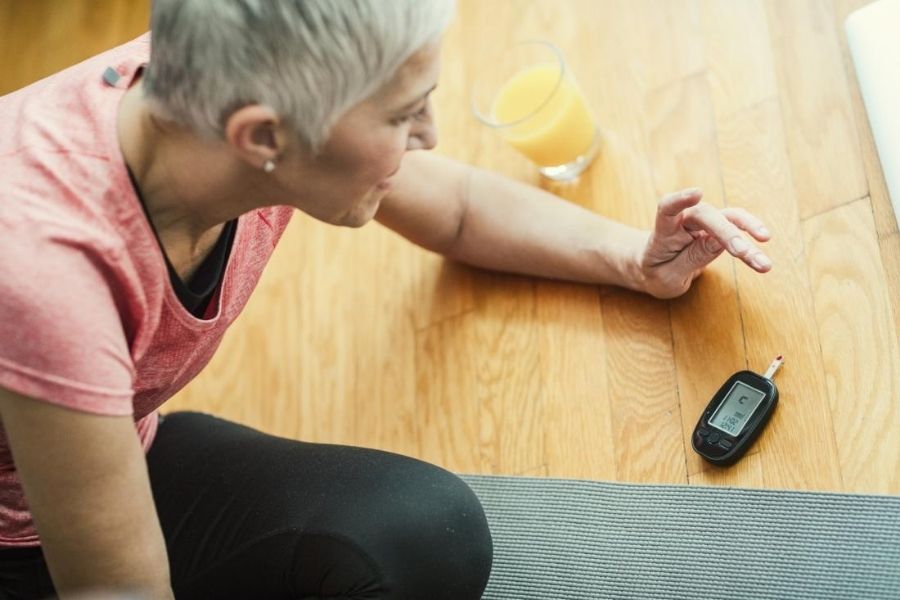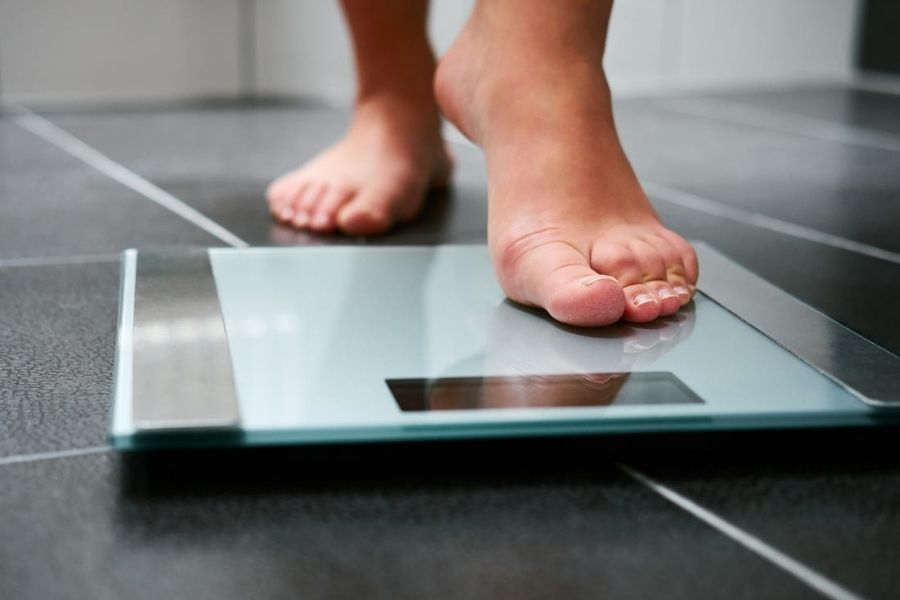A keto diet is gaining more popularity worldwide; people follow it for its quick weight loss, stabilizing energy, getting ripped abs, etc. But before putting your step forward blindly, why don’t you learn about these possible health risks linked with a keto diet. Better be safe than sorry, and then decide if you wish to go this way (consult your doctor too).
What Is A Keto diet?

It is the low carbohydrate and intake of a high amount of fat and protein diet in simple language. It means the body will get energy by burning calories from fat and protein. When the person has a lower intake of carbs for 3-5 days, it directly decreases the blood sugar level, and the person’s energy level goes down. Therefore, the body begins the breakdown of stored fat and proteins for boosting stamina.
Consumption of low carbs produced the molecules called ketone bodies in the bloodstream and put your body in the state of ketosis. A keto diet is not advisable for diabetic patients and if the patient wants to be, start after consulting the physician. It benefits weight loss but has severe long-term concerns.
Health Risks Linked With A Keto Diet You Must Know
1. Decrease In Glucose Levels

People habitually take carbohydrates in a daily meal pattern, which is a significant source of energy. But sudden consumption of a high-fat diet indeed has an impact on health. Dropping your carbs lowers the blood sugar level, making it scary for a diabetic patient, and put the patient in danger. Therefore, it is not advisable for the patient. If they want a weight loss, start after consulting a physician.
At the beginning of the diet, these things might happen, but you can take some carbs to level out the glucose level, quickly take some ketone supplements, and not get knocked out of ketosis.
2. Constipation

When you switch to the low carb and high-fat diet, it may put your GI tract under stress. Your body is used to digest high-carb foods, and these sudden changes affect the digestive system. Therefore, it takes a while for your gut to breakdown more fat than it is used to.
Healthy carbs, such as fruits and whole grain, also have a decent amount of fibers that bulk the stools. Thus, the lack of fibers causes indigestion. You may initially face this health issue, but it may last for a few days or a week.
If the problem continues for a longer time, then follow these home remedies.
- Drink plenty of water
- Add some fiber-rich food on a temporary way
- Go for a walk after the meal
- Try bowel training at the same time every day
If constipation continues to be an issue, talk to a doctor a nutritionist.
3. Essential Vitamin And Mineral Deficiency

At the beginning of the diet, you will lose water and electrolytes, but it is required to replenish the electrolytes to prevent keto flu and stay healthy. Limiting the intake of carbs in terms of a healthy or unhealthy way affects your health.
You are cutting out healthy carbs like fruits and certain vegetables, which are the richest source of vitamins, minerals, some antioxidants, and other essential nutrients. In that case, you will get a deficiency of these essential nutrients, and some health issues may happen over time. The important minerals such as sodium, potassium, and magnesium are needs to manage the blood pressure and keep the muscles and nerves to work properly.
4. Affects The Physical Performance

The body burns carbohydrates for fuel and stores fat mainly during physical activity as burning carbs requires less energy than fat. If your body gets fewer carbs, it will struggle to maintain energy needs while breaking down fat and making you feel sluggish during workouts. Therefore, a keto diet is not suitable for athletes and people with more physical jobs in the long term.
5. Low Carbs Linked To Heart Rhythm Problems

The study showed that people taking a smaller number of calories significantly from such as fruits, vegetables, and grains are at the risk of developing atrial fibrillation. The condition causes an irregular heartbeat and makes a person more susceptible to heart stroke and other cardiac problems.
6. Irregular Menstrual Cycle

When women start with the keto diet, various changes occur in the body. The menstrual cycle mainly gets disturbed as rapid weight loss imbalances the estrogen-progesterone level and impacts the ovulation process. The irregular periods cause occasional spotting.
Amenorrhea might happen means no periods due to lack of ovulation. Extreme carbs restriction affects the luteinizing hormones that are responsible for regulating ovulation. The changes in the hormone levels cause amenorrhoea or hypomenorrheas (light periods).
Another reason behind irregular menstruation is the intensive workout, low BMI, and kilojoules’ diet drop the brain’s hormone level, regulating ovulation and results in delay or irregular periods.
7. Weight Regain

Keto diet is the best jumpstart weight loss, but sadly most people can not stick to this diet pattern. The major disadvantage or side effect of the keto diet is that you gain back more weight after cutting back the diet. Gaining weight with major fatty tissue and less lean mass makes you feel and look different from the body but importantly burning calories at a slower rate. This type of weight fluctuation affects metabolism and is linked to a higher risk of early death.
8. Dehydration And Feeling Thirsty

When you are on a normal diet, the primary energy source is carbohydrates as it converts into glucose and glycogen, which stores in liver and muscle. This glycogen is the hydrated molecule means water retention occurs in the body. Because of glycogen depletion, you excrete more salt results in less water retention, and discharge of excess ketone bodies contributes to dehydration.
Dehydration is the major side effect of a keto diet, and this is a life-threatening condition. Symptoms are dizziness, muscle cramps, less sweating, frequent urination, fast heartbeat, etc.
9. Chronic Diseases
A study found that low carbs and high-fat diet intake increase the risk of dying from cancer. Also, long term keto diet causes heart problems such as arterial fibrillation, which raises the risk of stroke and heart failure. People who have a higher intake of fatty products are at a higher risk of early death than people with moderate carbs and plant-based protein intake.
10. Elevated Cholesterol Levels

A higher amount of fatty product consumption increases the chances of cholesterol deposition in the arteries, leads to blockage and risk of several cardiac problems. A keto diet may increase elevated LDL, non-HDL, etc.
11. Muscular Cramps

People following a keto diet experience cramps in their muscles, legs due to dehydration and fewer electrolytes. Loss of minerals causes muscle cramps, but the problem can be solved by drink plenty of water. Eating sodium loaded things prevent cramps and mineral loss.
Other side effects also happen, but it gets resolved by the time such as smelly breathe flu, dizziness, diarrhea, insomnia, irritation, etc.







